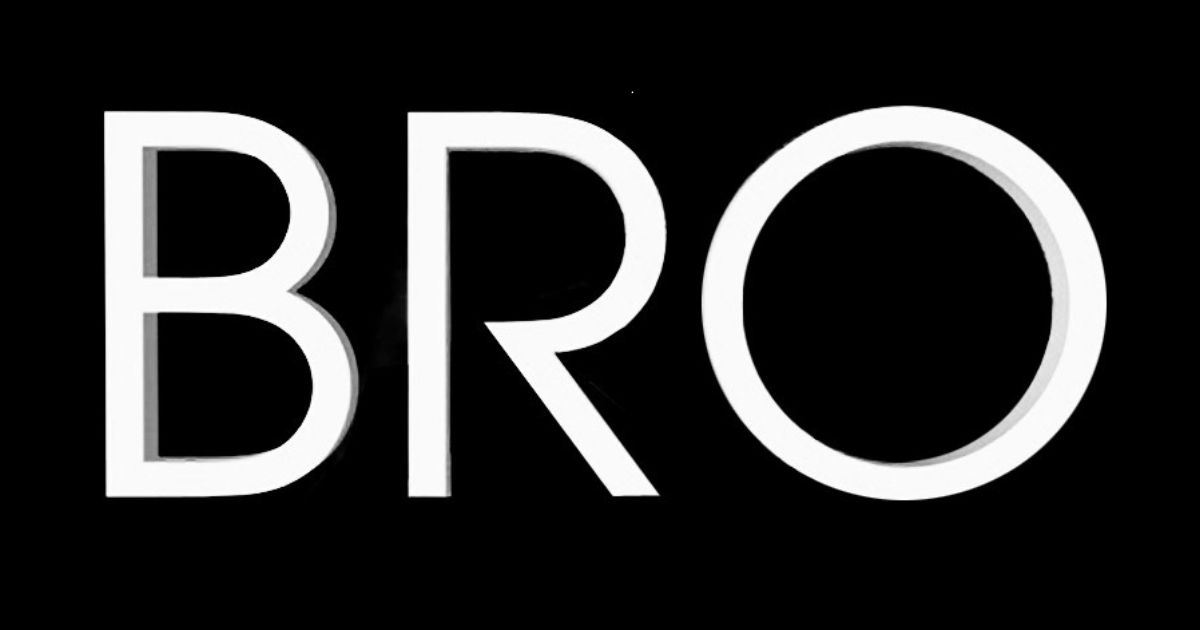Tired of always calling your friend “bro“? You’re not alone! While “bro” is a go-to term for close pals, sometimes it’s fun to switch things up. Whether you’re chilling with your best friend or hanging with your crew, using different words can add a fresh vibe to your conversations.
There are plenty of alternatives to “bro” that still express that strong bond. Try calling your friend “buddy,” “mate,” or “pal” for a friendly touch. Want something a bit more laid-back? “Dude” or “homie” might be just what you need. These words not only keep the energy casual but also show your connection with ease. So, next time you greet your friend, why not mix it up and choose one of these alternatives? It’ll keep things fun and friendly.
Other Ways to Say “Bro”

When you want to switch up how you say “bro,” there are plenty of options! You can use “buddy,” “dude,” “mate,” “homie,” or even “pal” to express the same friendly connection. Terms like “fella” and “amigo” add a bit of cultural flair, while “comrade” emphasizes solidarity.
1. Buddy
Example: “Hey, buddy, are you coming to the game tonight?”
Meaning: “Buddy” implies a close and casual friendship, typically between peers who enjoy mutual activities or interests. It reflects familiarity and camaraderie, often used when you’re comfortable with someone.
Usage: Widely used in informal speech, particularly in North American English, to refer to a good friend or companion.
2. Mate
Example: “Good to see you, mate! How have you been?”
Meaning: “Mate” is a term often used in British and Australian English to describe a friend or companion. It conveys a warm sense of friendship and is often used in casual settings.
Usage: Common in both British English and Australian English, “mate” is frequently used informally to refer to close friends or acquaintances.
3. Pal
Example: “We’ve been pals since high school.”
Meaning: “Pal” suggests a long-standing, loyal friendship, with a sense of affection. It conveys a deeper emotional connection, often used to describe someone you trust.
Usage: Used in North American English, “pal” is commonly employed in casual conversations between close friends or peers.
4. Homie
Example: “My homies and I are going out tonight.”
Meaning: “Homie” is a term popularized in urban and hip-hop culture. It refers to a close friend or someone from your peer group, emphasizing shared experiences or backgrounds.
Usage: Widely used in urban culture, “homie” is an informal term often used among friends in relaxed settings.
5. Dude
Example: “Dude, that was an awesome movie!”
Meaning: “Dude” is a laid-back and casual term, primarily used in American English. It can refer to any male, but it’s most often used among friends to greet each other informally.
Usage: Common in informal speech, particularly in North American English, it’s a relaxed way to address a male friend or acquaintance.
6. Fella
Example: “That fella over there is one of my oldest friends.”
Meaning: “Fella” is an informal, friendly term used to describe a man or boy, typically in a jovial and affectionate manner. It conveys a sense of familiarity and affection.
Usage: Used more often in British English, “fella” is a casual term to refer to a male friend, often used in informal speech.
Read More: 20 Other Ways to Say “Good Afternoon”
7. Amigo
Example: “Thanks for the help, amigo!”
Meaning: Borrowed from Spanish, “amigo” is used to express a close friendship in a cheerful and friendly manner. It adds a bit of warmth and camaraderie, especially in diverse cultural settings.
Usage: Commonly used in informal speech, particularly in areas influenced by Spanish culture.
8. Comrade
Example: “My comrades and I stood together during the project.”
Meaning: “Comrade” conveys a sense of solidarity, often used to describe someone who shares a common purpose or goal, especially in more formal or political contexts.
Usage: While sometimes used in formal or political environments, it can also be used in casual settings to describe a close friend who shares mutual objectives.
9. Chum
Example: “I’m meeting my old school chums for dinner.”
Meaning: “Chum” is a British term for a close friend, someone you share a long-standing bond or camaraderie with. It evokes a sense of shared history and affection.
Usage: Common in British English, “chum” is often used casually among friends to describe a trustworthy companion.
10. Brother

Example: “You’ve always been like a brother to me.”
Meaning: “Brother” reflects a deep bond, akin to that of family. It’s often used to describe a friend who shares loyalty, trust, and a strong emotional connection.
Usage: Used both in casual conversations and in contexts emphasizing solidarity and shared experiences, “brother” is a term of endearment among close friends.
11. Guy
Example: “That guy is always there for me when I need help.”
Meaning: “Guy” typically refers to any male but can also be used casually to describe a close male friend, especially in informal settings.
Usage: Used widely in informal speech, “guy” is often used in North American English to refer to a male friend or acquaintance.
12. Peep
Example: “I’m hanging out with my peeps this weekend.”
Meaning: “Peep” is a slang term, especially popular with younger generations, used to refer to friends or members of one’s social circle. It implies a sense of belonging to a group or peer group.
Usage: Often used informally, particularly among younger people, “peep” denotes friends or social groups in casual settings.
Conclusion
In conclusion, using alternatives to “bro” can make your conversations feel fresh and fun. Whether you choose “buddy,” “mate,” or “pal,” each word carries the same meaning. They all show the strong bond you share with a close friend. Words like “dude” and “homie” add a relaxed vibe to your chat.
Next time you’re hanging out with a bro, try switching it up! These alternatives to “bro” work in casual settings and with close friends. Keep things lively with words like “guy,” “fella,” or “amigo.” These options help express the same camaraderie and kinship you feel with your bro.

Grammerroot is your trusted source for mastering English grammar and language skills. From simple rules to advanced tips, we help learners build strong foundations through easy-to-understand content. Learn smart, learn right — only at Grammer Root.




